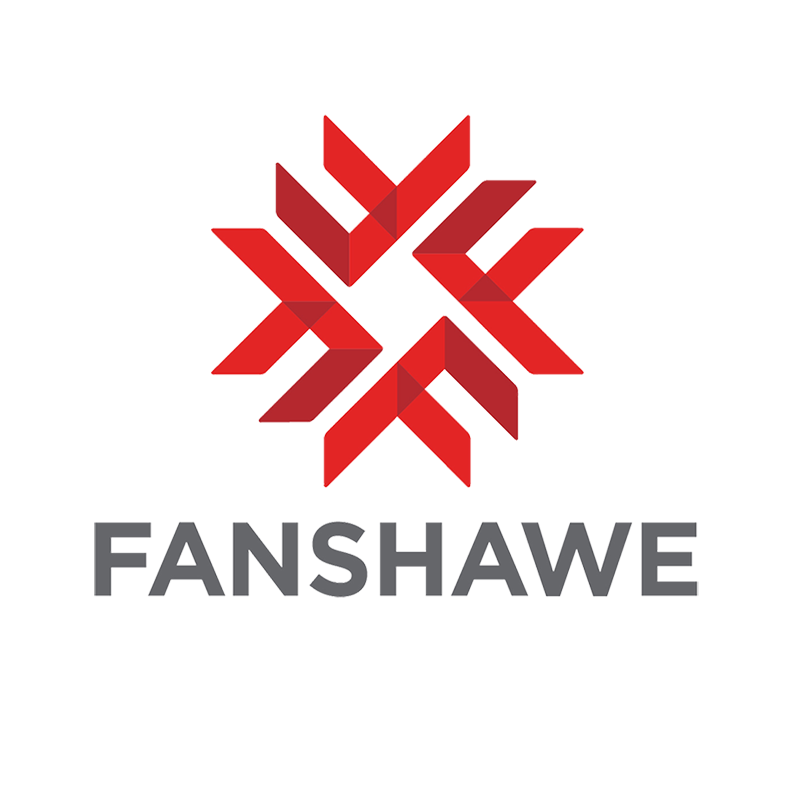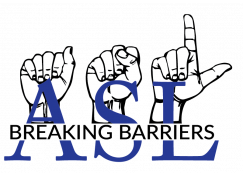This course provides opportunities for students to develop interpreting skills and practice professional skills under supervision

This course provides opportunities for students to develop interpreting skills and practice professional skills under supervision.
Students will integrate and reflect upon their educational, personal and professional experiences.
Learning Outcomes
Upon successful completion of this course, the student will be able to:
Founded in 1970, Douglas College is the largest degree-granting college in British Columbia, Canada, educating close to 25,000 students per year. The College has two major campuses in Metro Vancouver (New Westminster and Coquitlam) as well as several smaller training centres in Surrey, Burnaby and Maple Ridge.
With both main campuses directly on SkyTrain lines, Douglas is one of the most accessible post-secondary institutions in Metro Vancouver, drawing students from across the region.Douglas offers the most bachelor’s degrees and post-degree programs of any college in B.C., and is noted for combining the academic foundations of a university with the career-ready skills of a college.
Each year, close to 17,000 students (including 4,210 international students from over 92 countries) take for-credit courses at Douglas. Because of the college’s strong academic base, the majority of these for-credit courses transfer to different research universities in B.C. and across Canada, providing students with flexible pathways to reach their academic goals.
Douglas also offers hundreds of short-term, high-quality non-credit courses, programs and workshops to around 8,500 students through Continuing Education and The Training Group, in areas such as business, music, health, perinatal, career development, industry training and more.
Over 960 experienced, teaching-focused faculty bring both academic rigor and real-world experience to the classroom at Douglas. Outside the classroom, over 900 other employees work together to create a friendly, inspiring, supportive and respectful environment.

Students learn to handle basic every day communication.

This introductory course in American Sign Language (ASL) teaches students to manage everyday communication in ASL and integrate deaf culture and deaf community content.

Learn new vocabulary with an emphasis placed on increasing Sign Language fluency in both the receptive and expressive modes of communication.

In our ASL classes, workshops ,and 1 on 1 sessions we use the Signing Naturally curriculum that was originally developed at a California College.

American Sign Language is designed to introduce a visual-gestural language used by the Deaf Community in Canada and the United States.
© 2025 coursetakers.com All Rights Reserved. Terms and Conditions of use | Privacy Policy